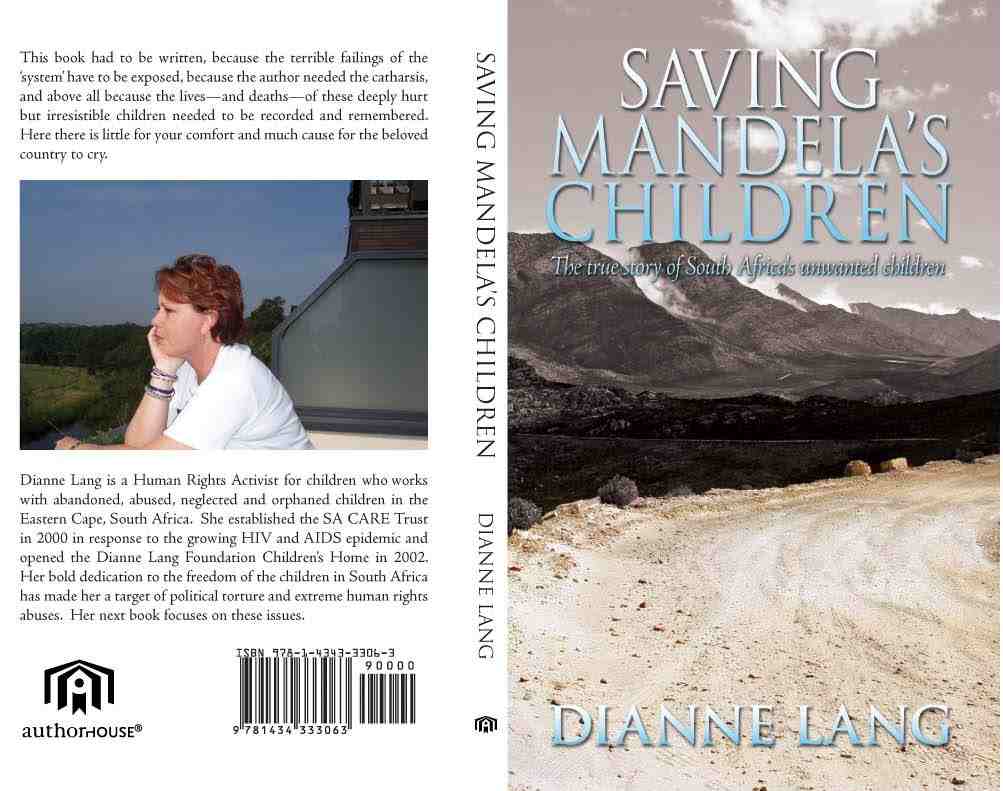Health-care is designed around the illness instead of around the patient
 |
| This is when I still had boobies ... how I miss them nipples ! |
While
paging through my FB page, I came across an inbox message that I had sent to John
Costello some time back. This is what I wrote:
“I have learned so much with this illness ... how when you don't get
better, you start to feel embarrassed, ashamed, humiliated ... because you are
not getting well and you are not dying fast enough either”. After reading that, I spent a lot of time
contemplating our health care system and how it fails the chronically ill, the
terminally ill, and those with life-threatening diseases that they have to live
with for life. When you find yourself at
odds with the social norm, the road becomes extremely lonely, except for the
few who travel the same path as you. And
worse still is having a rare disease that no one understands, no one can see it
and therefore, the patient gets left behind as society moves on with life. Most physicians have never heard of the
disease and some are arrogant enough to tell the patient that google patients
get on their nerves. Patients with rare
diseases HAVE to become detectives so that they can live. Humble and compassionate physicians are hard
to find.
The word
‘patient’ means one who suffers. Healthcare has been designed around the
disease and not around the patient. The
treatment is never about us, the person with emotions, a mind and a
world-view. And those of us with chronic
and life-threatening diseases who experience so much nausea and pain cannot be
helped by a hospital. A hospital is for
patients with acute illnesses or injuries.
The old view
of a Hospice being the last place a person goes before they die also needs to
be re-examined. Hospices should be for
palliative care – and that care must be designed for the patients comfort. It must support what is best for us. The dying process must be made wonderful,
rather than just less painful. How we
die is all important to me. Our life has
to have a dignified end to it.
There are two elements to suffering.
There is the suffering that connects the healer to the patient. This I would call the necessary suffering
that creates the place for compassion to enter into the space between the
healer and the patient. It is the
suffering that comes with having to grieve for all that you are losing, every
day…a little more loss, until there is only one or two family or friends who
still stay by your side. Without
understanding, there can be no compassion. Somehow the care worker has to find that
compassion between him/her self and the patient. That compassion makes suffering bearable.
I call these people who stay by your side to
the end you soul mate. I have a ‘souler’,
and I am most grateful to have him.
Then there
is the suffering of pain and nausea, the loss of physical abilities, the
inability to hear, see or understand properly what is going on around one. This kind of suffering is an abomination to
the whole medical profession. This is
where we have to start re-designing how we die. There is absolutely no excuse for the
medical profession to with-hold drugs from a patient who cannot be cured and
whose life is no longer worth living.
To be told that you may not have stronger pain relieving drugs because
you may become addicted to it is an insult to our intelligence. We should go into our last years, months or
weeks in a state of comfort and wonderment – not because we are dying, but in
spite of it. This would be good care for
the chronically ill, those with life-threatening diseases and those who cannot
be cured at all. Give us back our
dignity. Don’t make us cry in front of you, begging for help. Don’t make us tell you that we no longer want
to live like this. Don’t force us to
google and speak to psychiatrists to find out the perfect drug to take that no
one would be able to bring you back from; no stomach pumps and no urgent
attention by paramedics and hospitals will help. But, society and the medical model of health
care have made me do just that. I have my prescription. I may never use it, but it gives me the
illusion that I still have some control over my life. I can still choose to live every day, knowing
that if it gets too bad, I have a way out.






















